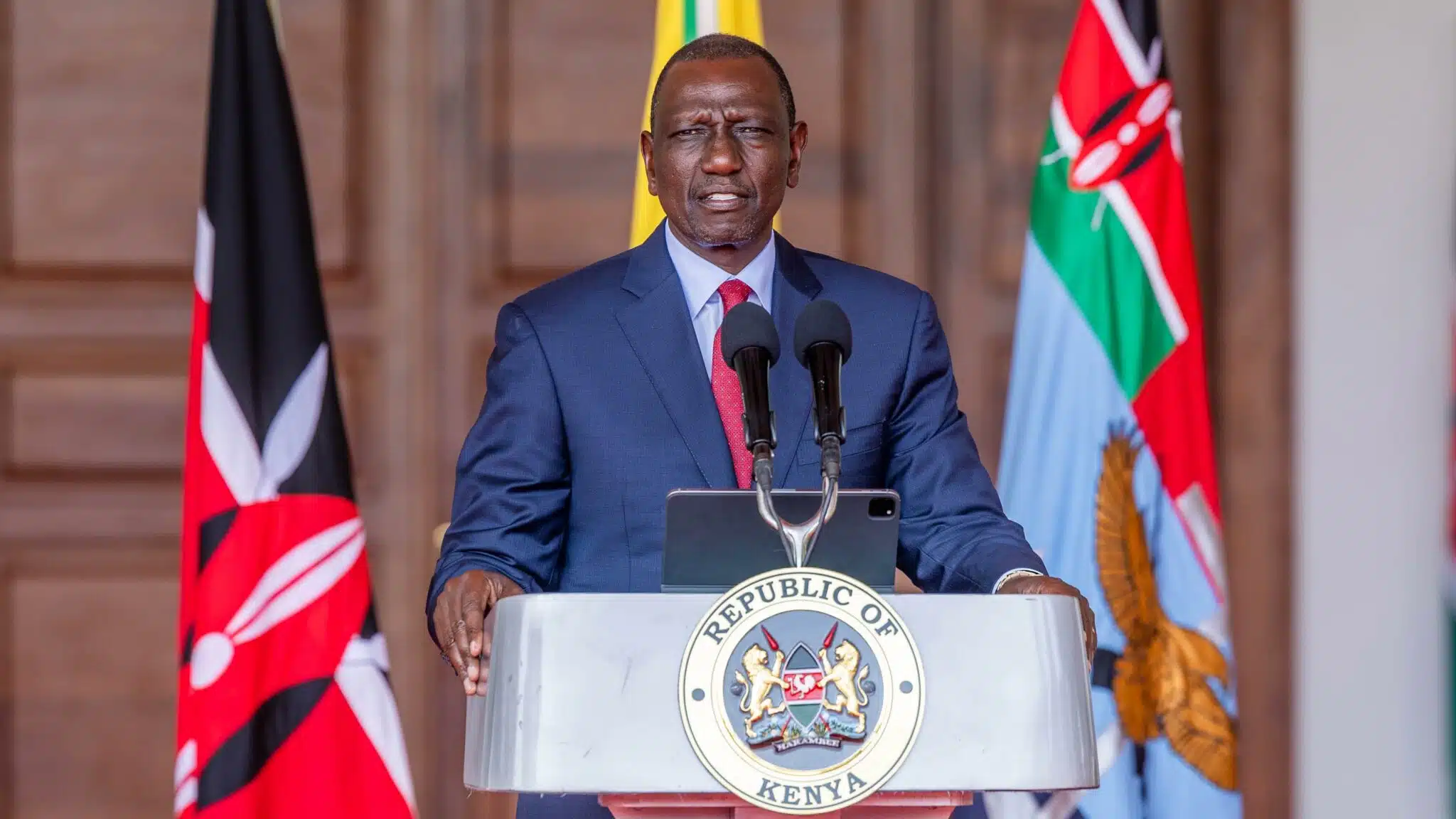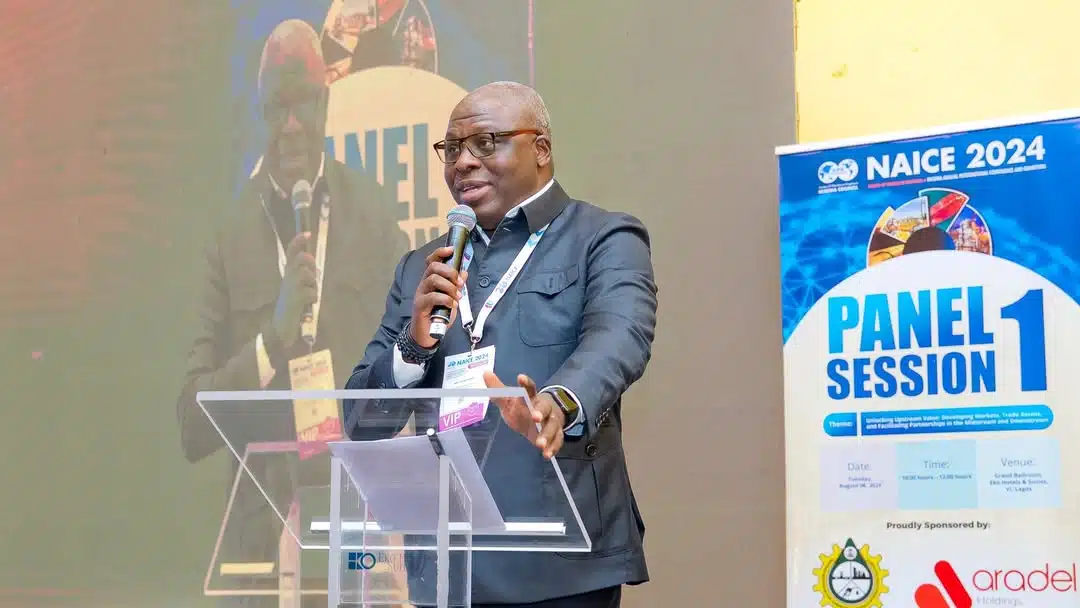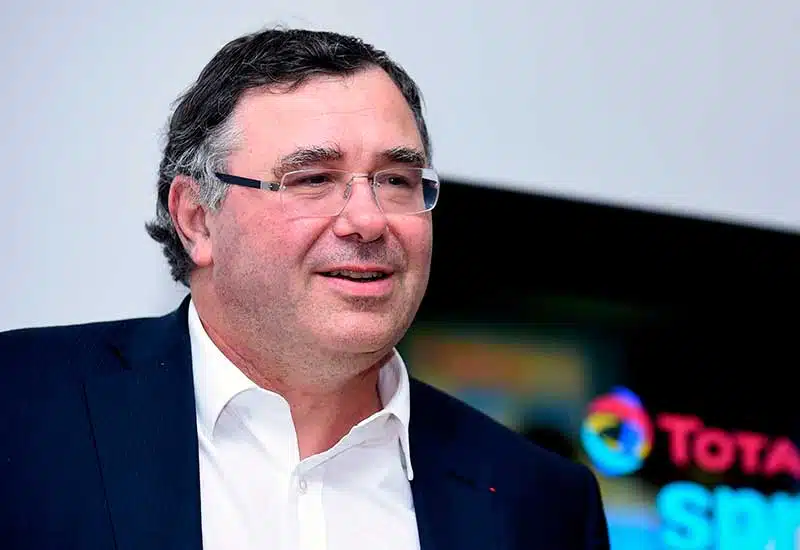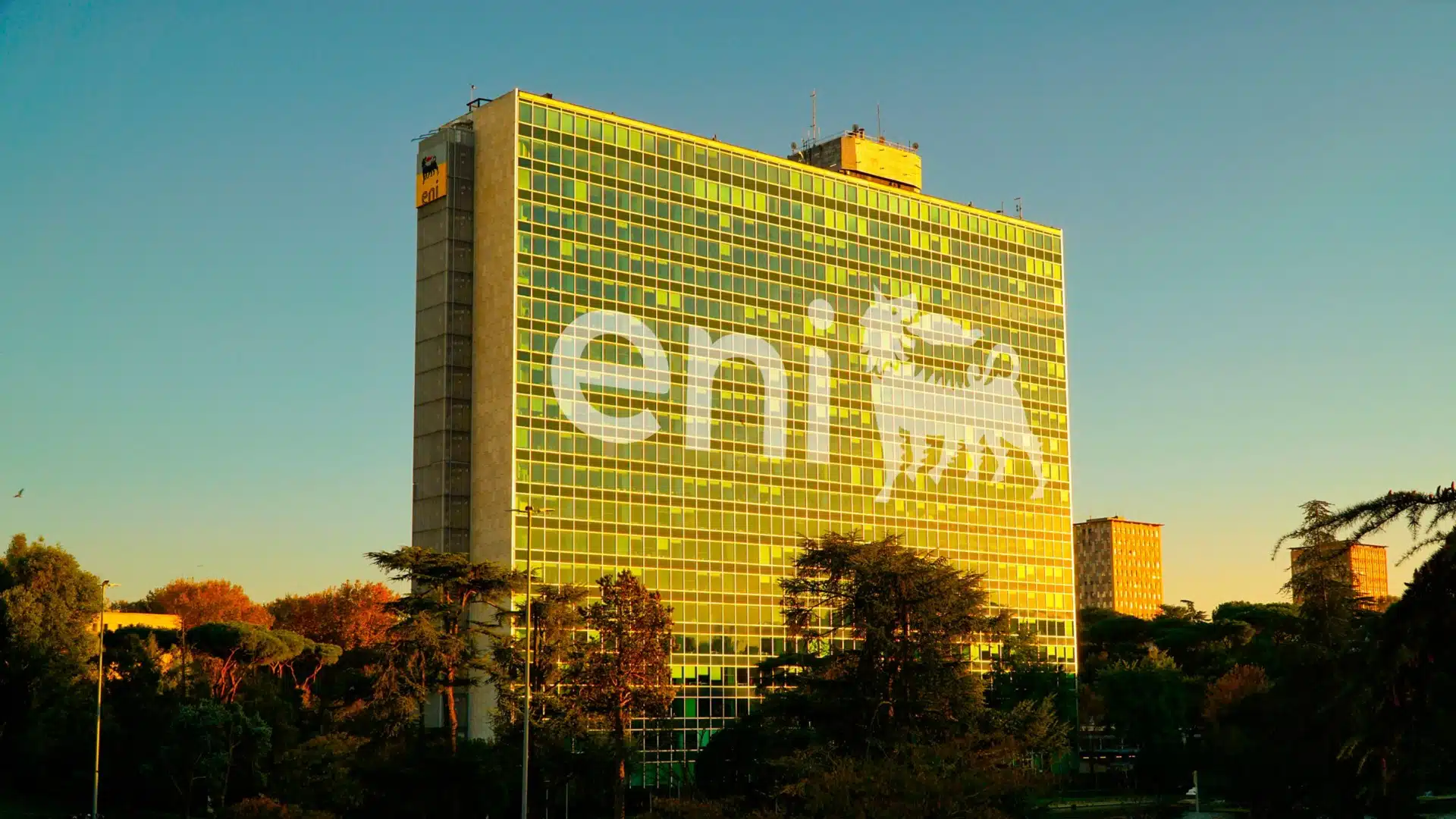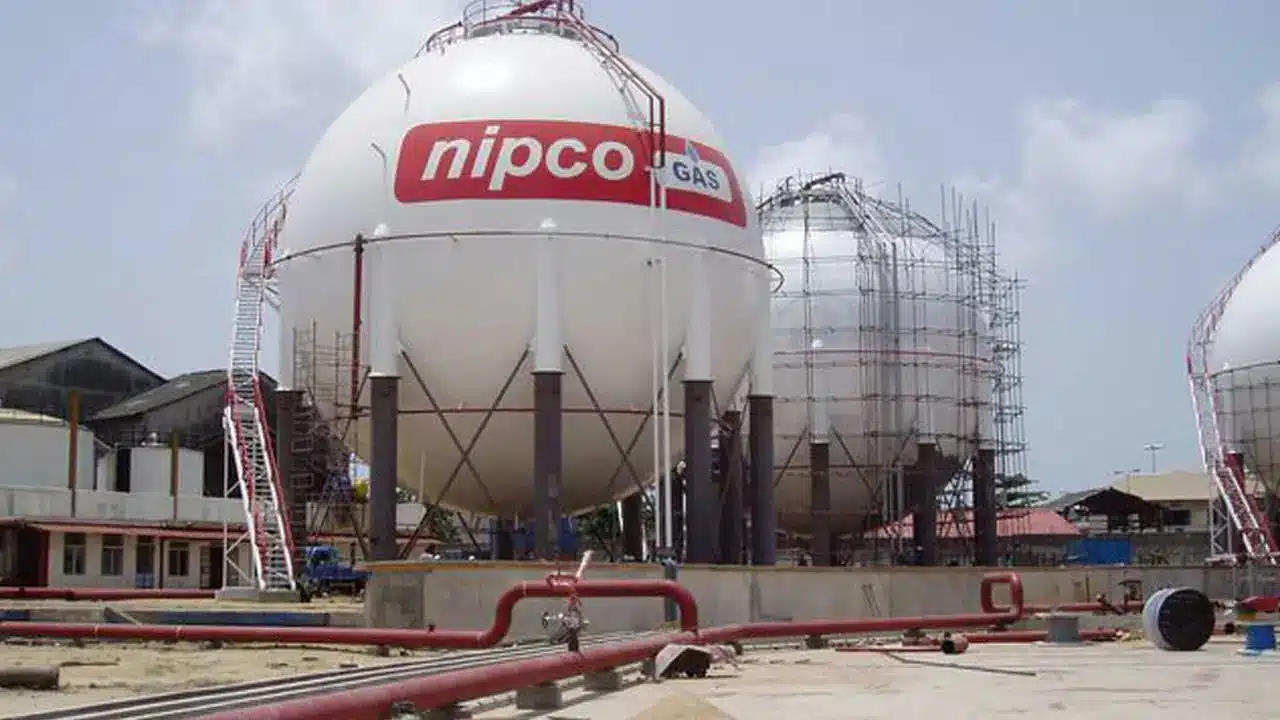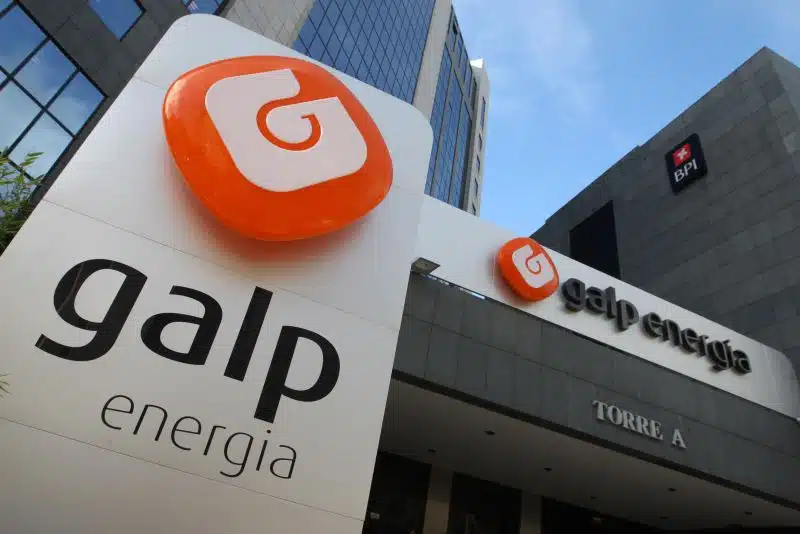The President of Kenya, William Ruto, has announced plans to list the state-owned pipeline company, Kenya Pipeline Company, on the Nairobi Securities Exchange in a bid to attract investors.
Ruto, who has faced criticism over his pro IMF policy reforms, said on Wednesday that the country is moving to privatize certain government owned assets as part of efforts to raise revenue.
Speaking at the London Stock Exchange, the East African leader added that the listing would be through an initial public offering (IPO) and is aimed at reducing the country’s growing dependence on external debt.
“We are committed to a structured, time sensitive program me that identifies and prepares a robust pipeline of key government assets to be privatized through the stock exchange or improved through private sector participation,” Ruto noted.
He explained that well functioning domestic capital markets could help Kenya lower its reliance on external loans and strengthen its fiscal stability.
The Kenya Pipeline Company IPO, expected to take place this year, would mark one of the country’s biggest state divestments in recent years.
Private investment plans amid fiscal pressure
In addition, Ruto stated that the government plans to partner with the private sector to supply hospital equipment.
The equipment will be provided on a fee-per-use basis. This approach is intended to boost healthcare capacity without increasing public debt.
“We are now going to be listing some of those bonds in the securities exchange so other investors can have a bite of the cherry,” he said, referring to Kenya’s recent efforts to securitize infrastructure assets, including roads.
The government has already raised around $1.3 billion through these assets backed securities, offering a fresh source of funds while avoiding direct borrowing.
Ruto, who came to power pledging economic reforms, has faced public protests against tax hikes and rising living costs.
Last summer’s nationwide demonstrations pushed his administration to adopt austerity measures and withdraw planned tax increases worth more than 346 billion Kenyan shillings, or roughly $2.68 billion.
The president noted that recent external shocks including the decision by former United States President Donald Trump to cancel USAID funding earlier this year have highlighted the urgency of relying more on domestic resources and private capital.
Efforts to tackle rising debt
Kenya, like several African economies, has struggled with rising external debt, compounded by currency depreciation and higher global interest rates.
The country’s currency currently trades at about 128.9500 Kenyan shillings to the dollar.
The push to privatize and draw in private sector funds comes at a time when the government is balancing the need for revenue with pressure to maintain social spending and avoid further public anger.
“We have to depend on resources that we have control over rather than resources that we do not have any control over,” Ruto added.
The Kenyan government is banking on market driven reforms, asset listings and partnerships with private investors to close fiscal gaps and stimulate economic growth.

